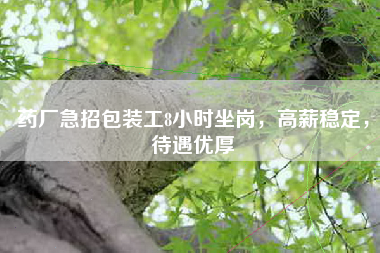Introduction:
English grammar is an essential part of learning the language. It is necessary to understand the different tenses and forms of verbs to communicate effectively in English. One of the most commonly used verbs in English is "be," which has different forms in different tenses, including the past tense. In this article, we will explore the past tense of "be" and its usage in English grammar.
What is the past tense of "be"?
The past tense of "be" is "was" or "were." "Was" is used for singular subjects, while "were" is used for plural subjects. For example, "I was" and "they were" are correct forms of the past tense of "be." It is important to note that "were" is also used for the second person singular and plural in the subjunctive mood (e.g., "If I were you," "If they were here").
Usage of the past tense of "be":

— To describe past events or situations:
The past tense of "be" is commonly used to describe past events or situations. For example, "He was happy yesterday," "We were at the beach last weekend," and "She was sick last month." In these sentences, "was" and "were" are used to indicate that the events or situations happened in the past.
— To form the passive voice:
The past tense of "be" is also used to form the passive voice in English. The passive voice is used to emphasize the action rather than the doer of the action. For example, "The cake was baked by my mom," "The letter was written by John," and "The car was repaired by the mechanic." In these sentences, "was" and "were" are used to indicate the passive voice.
— To express hypothetical situations:
The past tense of "be" is also used to express hypothetical situations in the past. For example, "If I were rich, I would tr—el the world," "If he were here, he would help us," and "If they were in charge, things would be different." In these sentences, "were" is used in the subjunctive mood to express hypothetical situations in the past.
Conclusion:
In conclusion, the past tense of "be" is an essential part of English grammar. It is used to describe past events or situations, form the passive voice, and express hypothetical situations in the past. "Was" and "were" are the correct forms of the past tense of "be," and they are used for singular and plural subjects, respectively. By understanding the usage of the past tense of "be," learners of English can communicate effectively and accurately in the language.



 admin
admin
